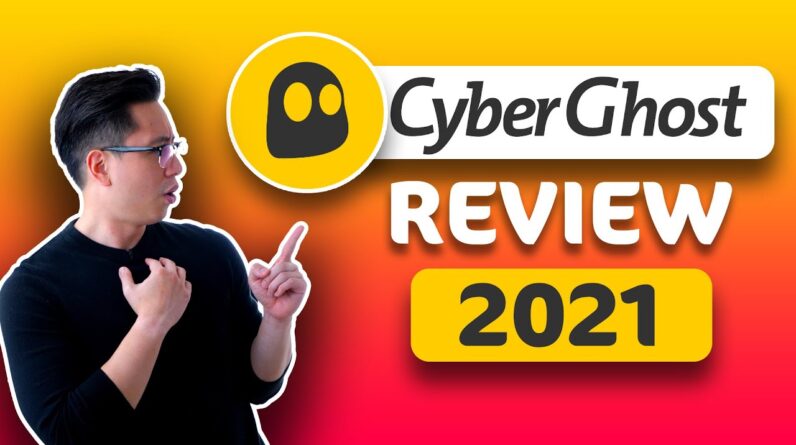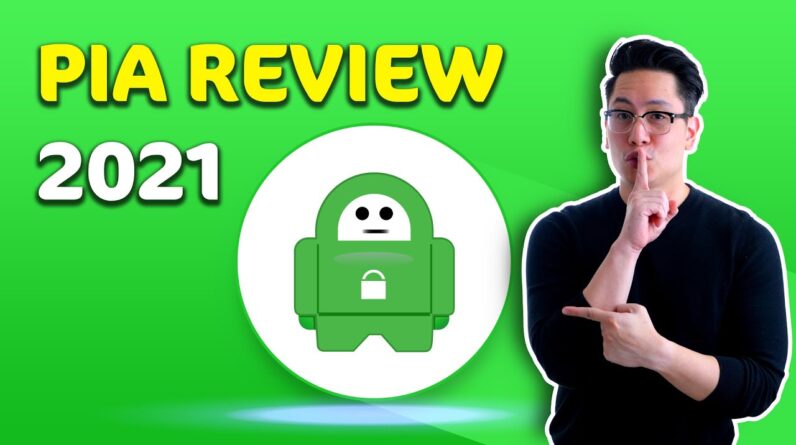Worried about your online privacy and safety? Unsure about what VPNs are and how they function? This blog post is just what you need, as we’ll dive deep into the essence of VPNs and their operation mechanism. By the conclusion, you’ll possess a thorough knowledge of the ways a VPN can safeguard your online presence and secure your confidential data. So, join us as we explore the realm of virtual private networks and demystify their operational secrets.
VPN Explained: How Does a VPN Work?
Introduction
As internet privacy and security become increasingly important, Virtual Private Networks (VPNs) are gaining wider recognition as one of the most effective ways to safeguard your data online. This article dives into the world of VPNs and explains how they work.
What is a VPN?
A VPN creates an encrypted connection between your device and the VPN server to enhance online privacy and protect sensitive information. It establishes a secure and private connection by routing all your traffic through the VPN server. This ensures that your online activity is hidden from third parties such as government agencies, hackers, or internet service providers.
How Does a VPN Work?
A VPN encrypts your internet traffic ensuring that your data is secure and unreadable by anyone outside your connection. Once you initiate the VPN connection, the VPN client on your device encrypts your connection request and sends it to the VPN server. Your online activities, such as browsing, downloading, and uploading, are then routed through the VPN server.
The VPN server acts as an intermediary between your device and the internet, making it difficult for others to track your online activity. This is because the VPN server assigns you a new IP address, which can conceal your actual location from prying eyes. With an encrypted tunnel between your device and the VPN server, your ISP cannot track or monitor your online activity.
Why Use VPN?
VPNs are used to bypass geographical restrictions, censorship, and network firewalls. With a VPN, you can unlock content that may be restricted in your country like Netflix, Hulu, Amazon Prime Video, or BBC iPlayer. It allows you to access websites and content that may be blocked by your ISP or government.
Moreover, VPNs have a kill switch, which automatically disconnects your device from the internet if your VPN connection drops. This is especially useful if you’re torrenting or using other online activities that require maximum security.
Top Three Recommended VPNs
While there are numerous VPN providers in the market, some stand out with their features and performance. The top three VPNs recommended are ExpressVPN, NordVPN, and Surfshark.
ExpressVPN is an excellent option for those who value both speed and security. With servers in 94 countries, it provides excellent speeds and performance. On the other hand, NordVPN offers high-level security with AES 256-bit encryption and a strict no-logs policy. Lastly, Surfshark offers unlimited simultaneous connections and a budget-friendly plan without sacrificing speed or performance.
FAQs
Q1. Can I use VPN for free?
Yes, there are free VPNs available, but they come with risks. Free VPN providers may log your data or inject ads into your browsing sessions to earn money. Their performance may also be unreliable.
Q2. Which protocol should I use with my VPN?
The most common VPN protocols are OpenVPN, PPTP, and L2TP/IPSec. OpenVPN is a modern and secure protocol and the recommended one for all devices.
Q3. Can I use VPN for streaming services?
Yes, VPNs are excellent for streaming services like Netflix, Hulu, and Amazon Prime Video. However, not all VPNs work with these services, so you need to choose a VPN provider that offers fast and consistent streaming services.
Q4. Can VPN hide my online activity from my employer/school?
Yes, VPNs can hide your online activity from your employer or school. However, some organizations have policies that prohibit VPN usage, so it’s essential to check with your employer or school authorities before using one.
Q5. Is VPN legal?
VPN is legal in most countries. However, using it to hide illegal activities is not. Make sure you use VPN for legitimate purposes only.
Conclusion
Using VPN maintains online privacy, secures data, and accesses geo-restricted content. VPNs have become a necessity in today’s world to protect your online presence from prying eyes. With numerous VPN providers, you need to pick the best one that suits your individual situation and preferences.






